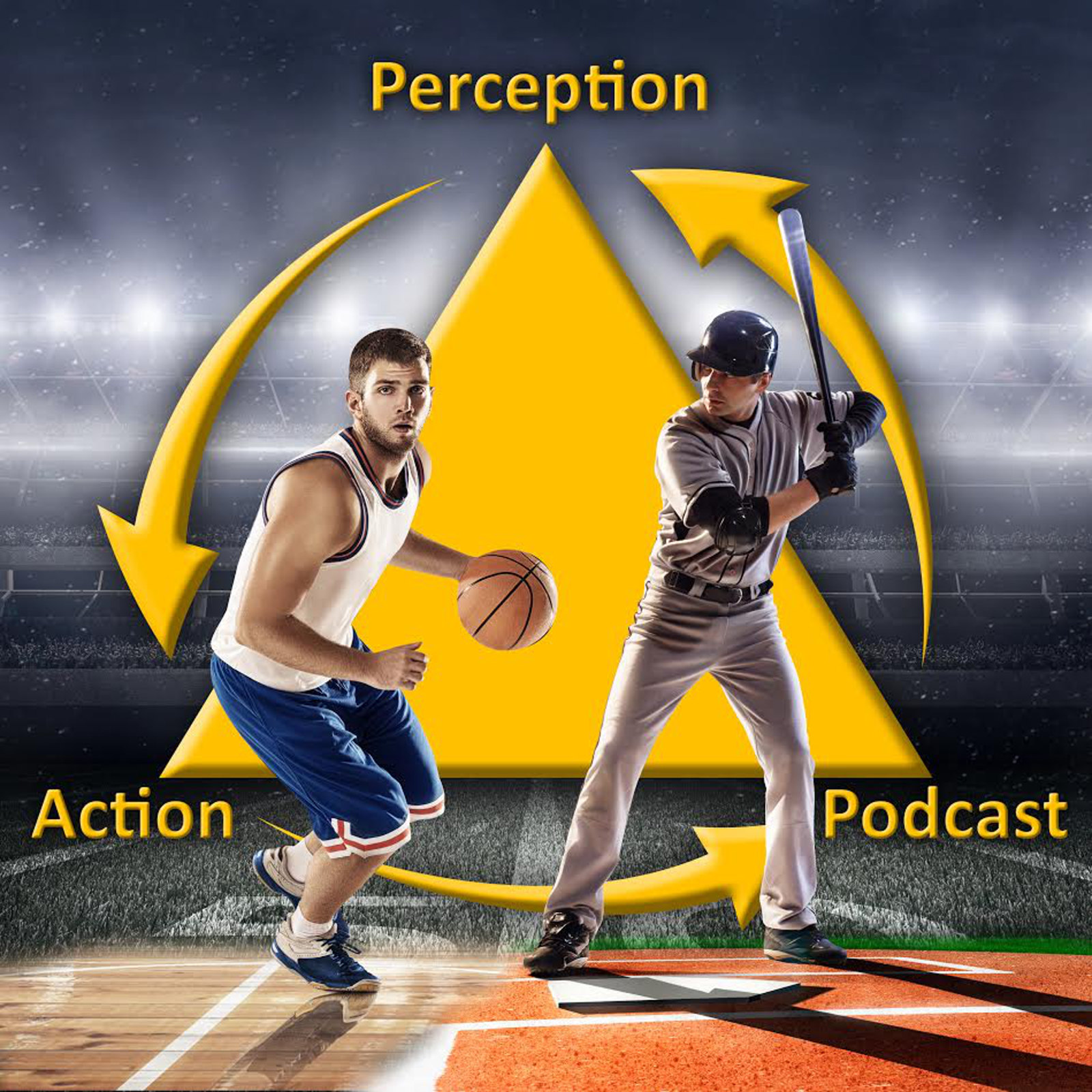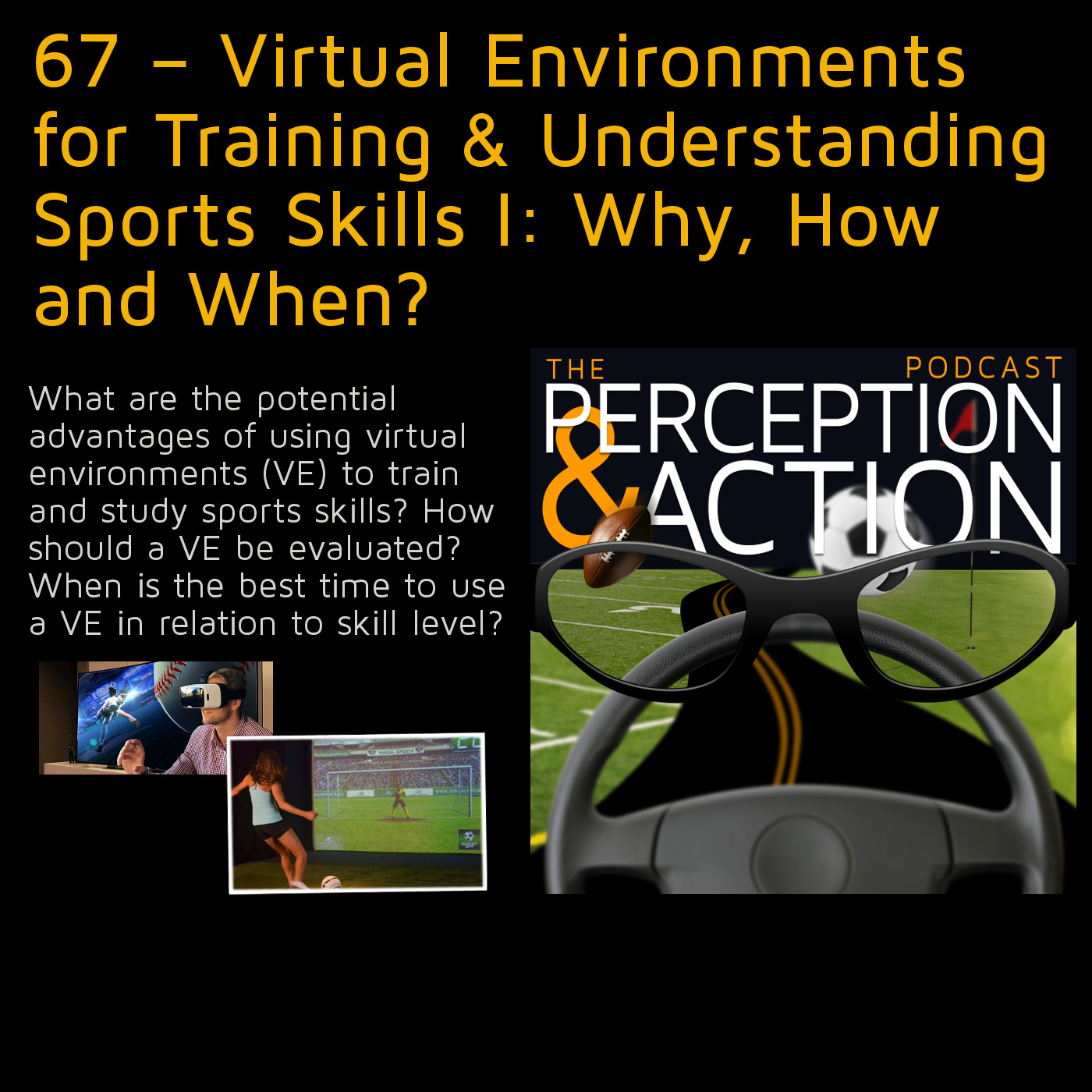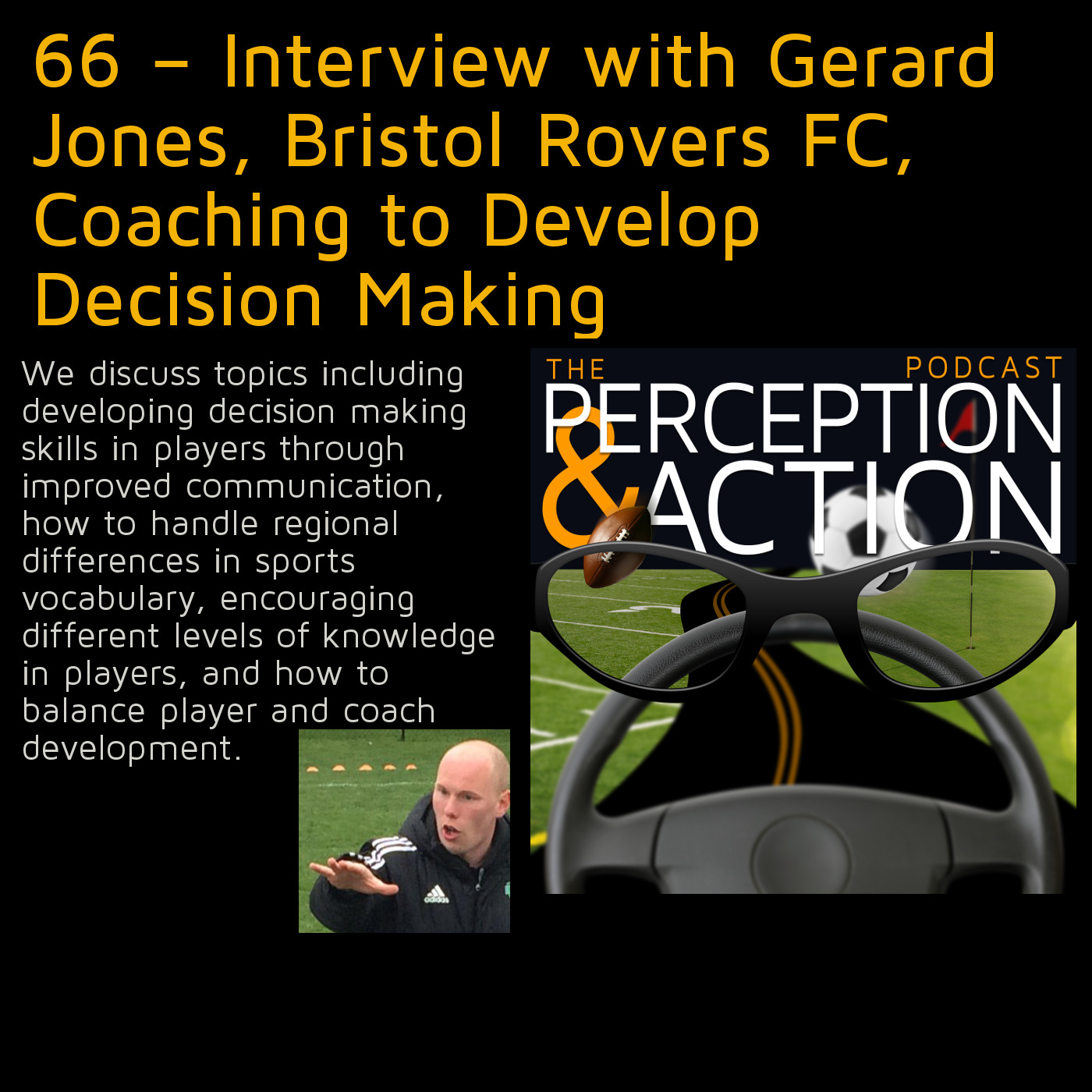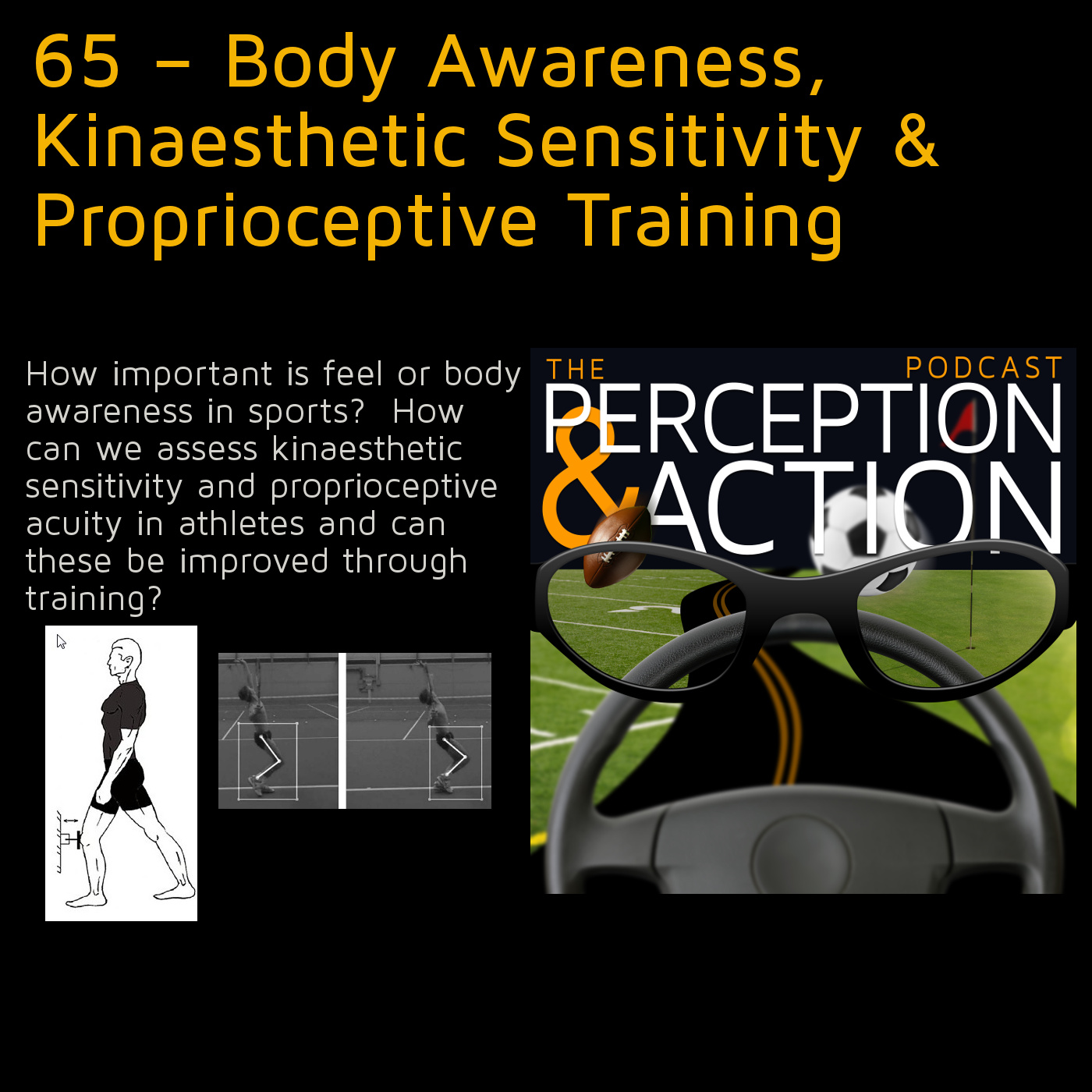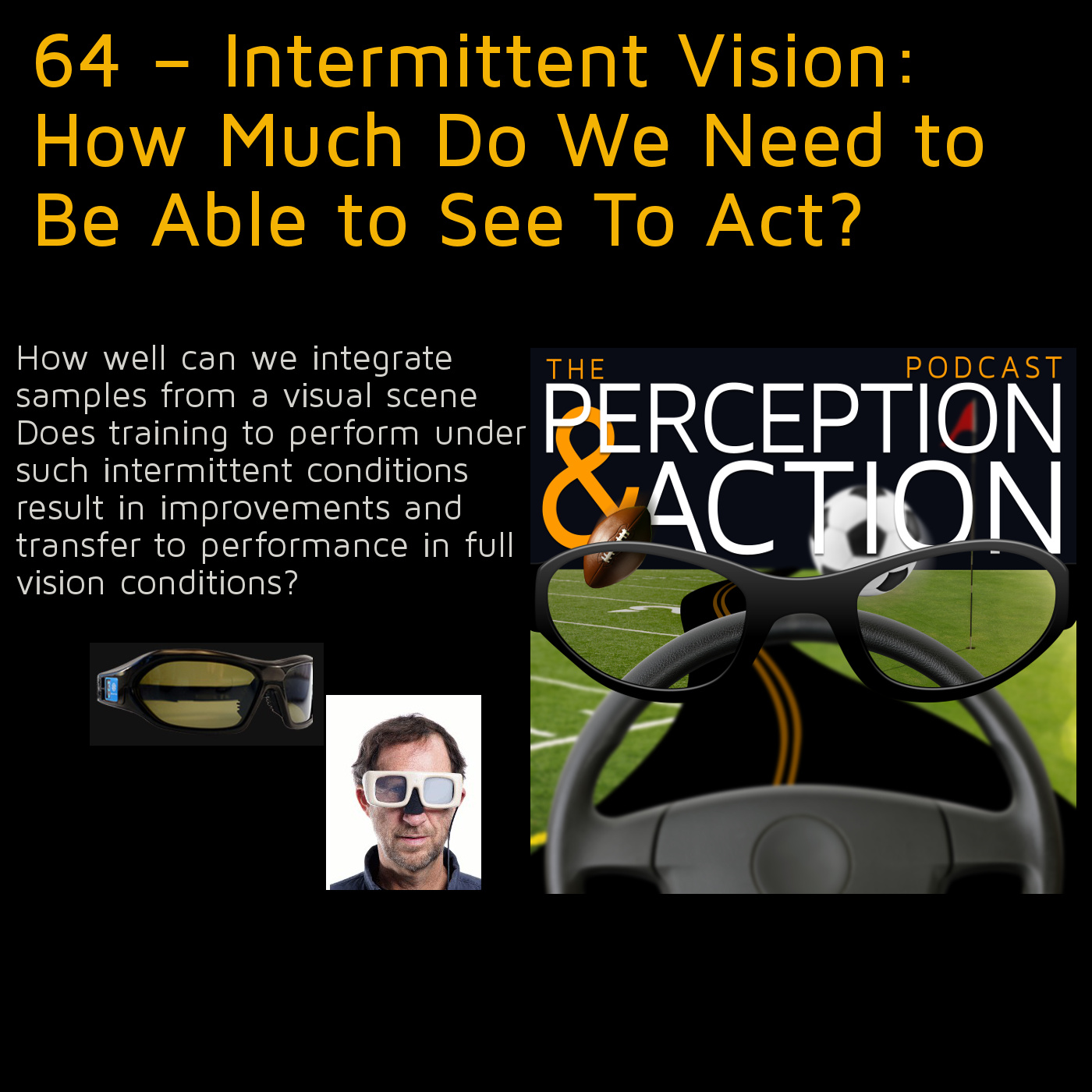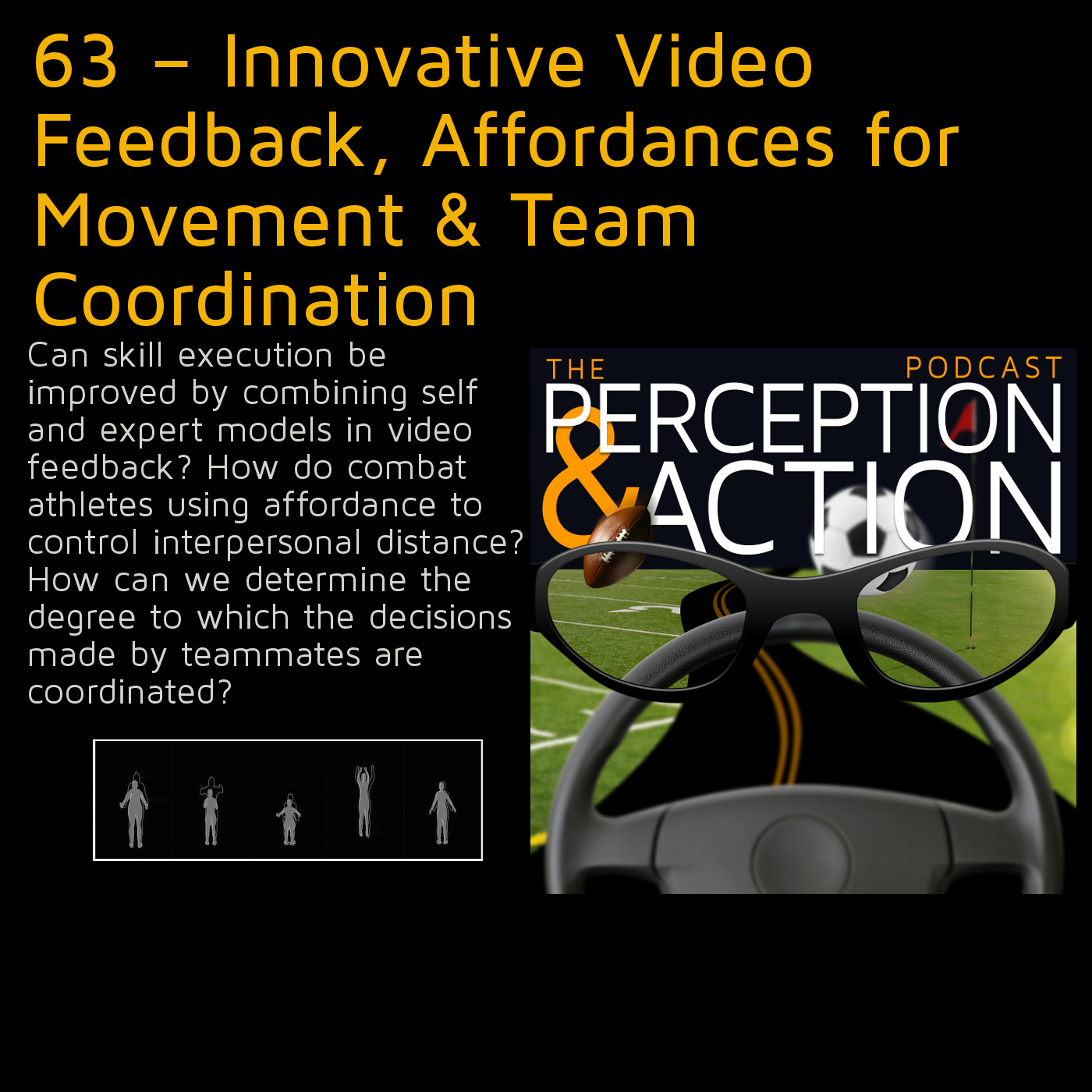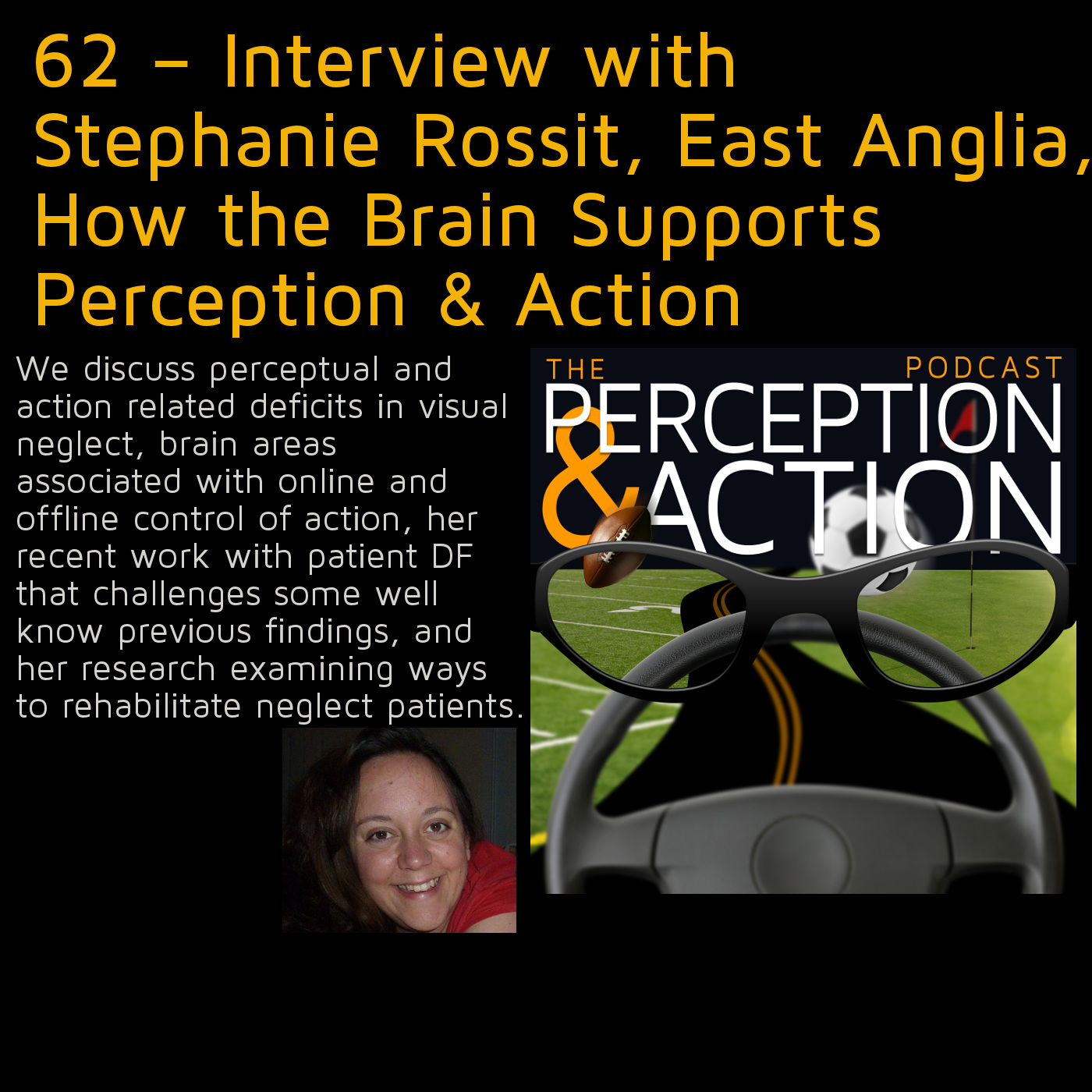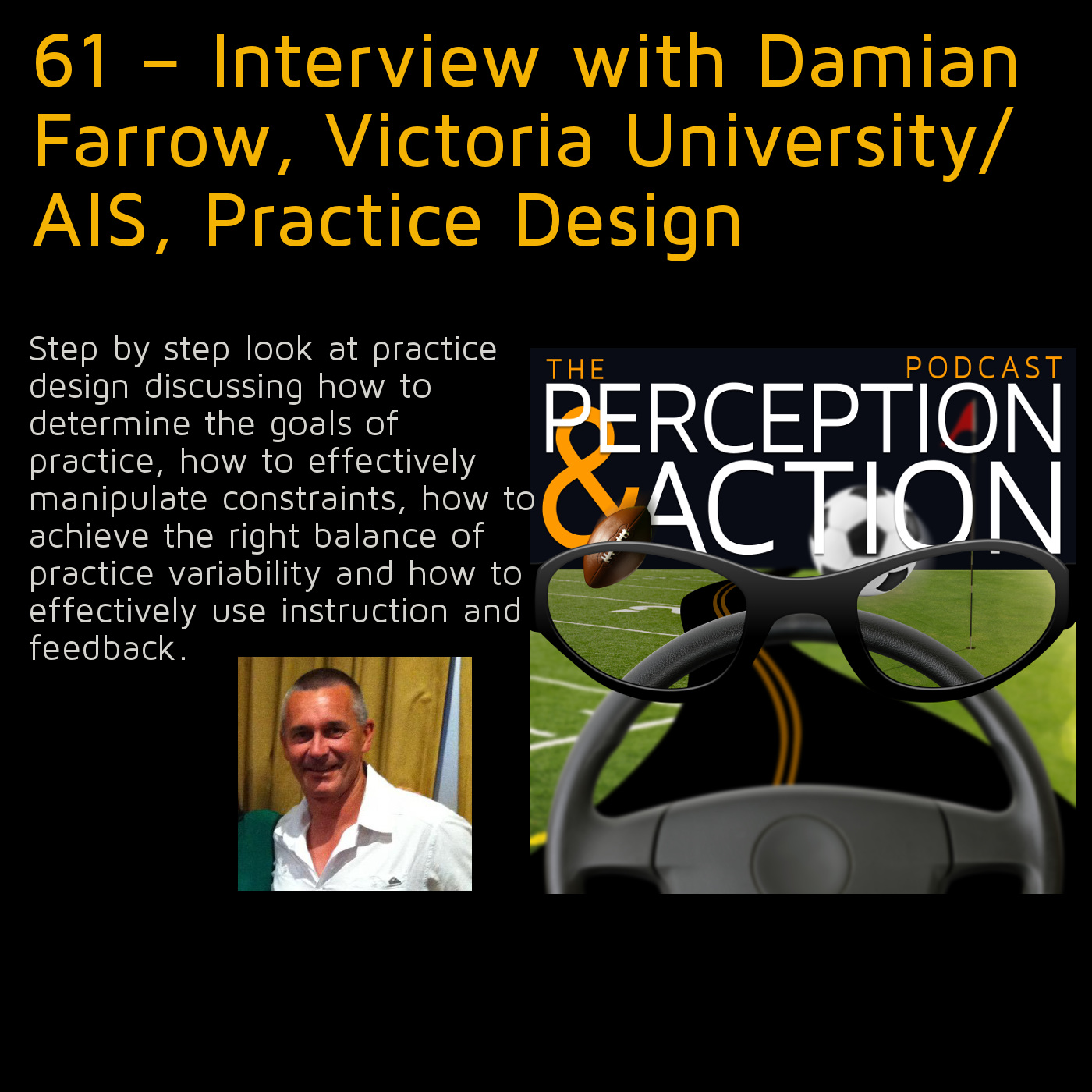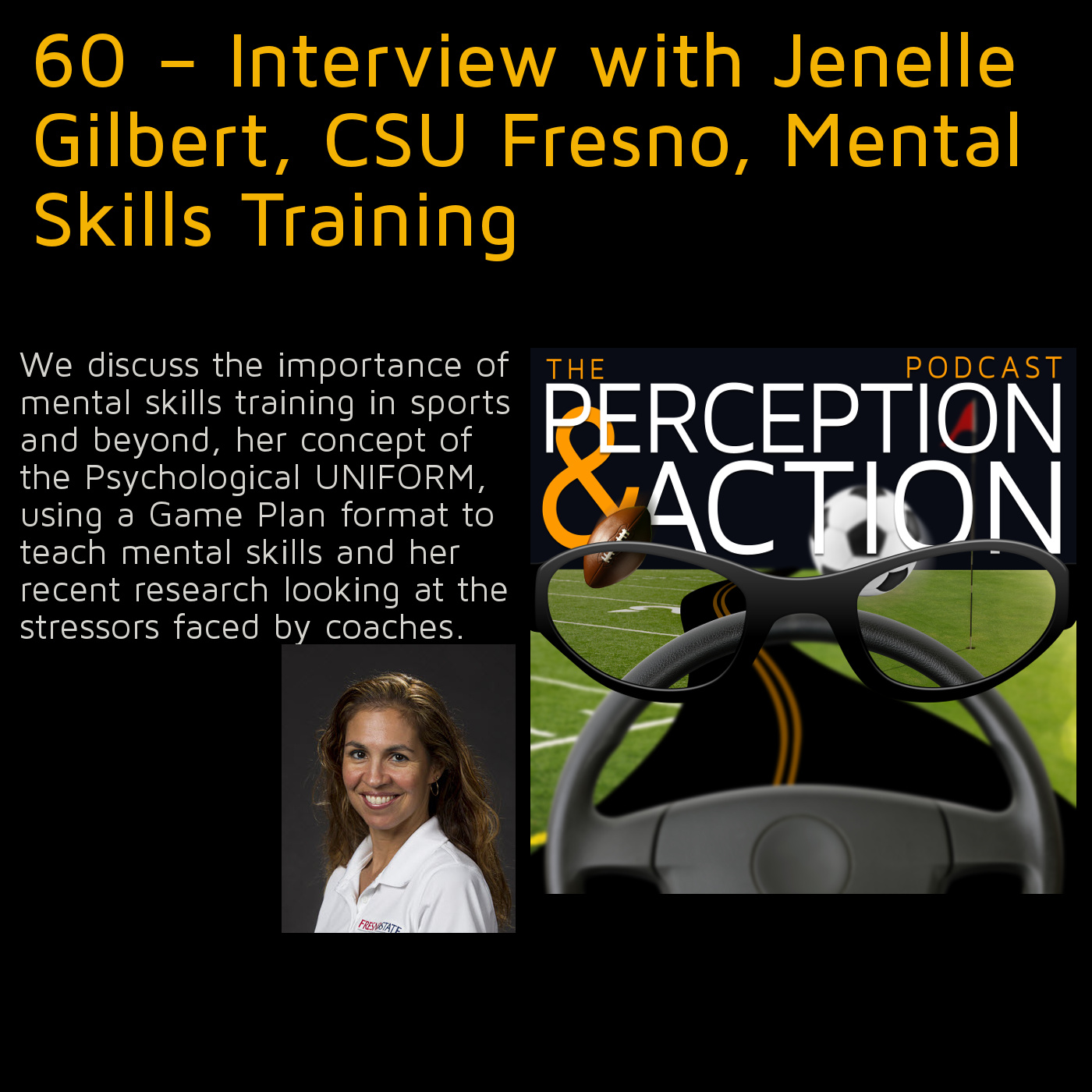67 – Virtual Environments for Training & Understanding Sports Skills I: Why, How and When?
67 What are the potential advantages of using virtual environments (VE) to train and study sports skills? How should a VE be evaluated? How important is fidelity, presence, and cost? When is the best time to use a VE in relation to skill level and physical training? Why haven’t VE’s been more widely adopted? Download…
Read More